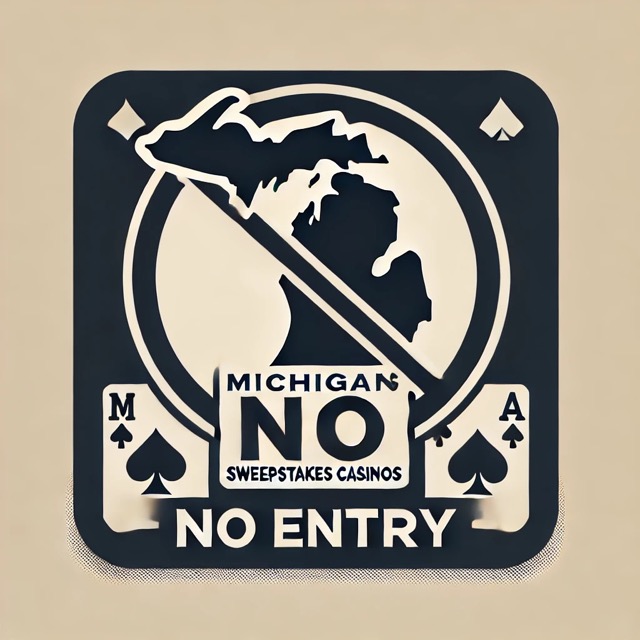
The landscape of online gaming in the United States has seen notable changes, particularly with the regulatory stance on sweepstakes casinos. These platforms, which operate under a model distinct from traditional online casinos, have recently faced significant scrutiny in certain states. Michigan, for example, has taken a firm position against these entities. In 2023, the state witnessed a withdrawal of most sweepstakes operators, including notable names like Chumba Casino and Luckyland Slots, due to concerns over potential legal challenges. This move was precipitated by actions from the Michigan Gaming Control Board (MGCB), which, by early 2024, had issued cease-and-desist notices to several operators such as PredictionStrike Inc, Sweepstakes Limited, and VGW Luckyland Inc. This crackdown signifies a clear message from MGCB Executive Director Henry Williams that the state will not tolerate illegal gambling operations, marking a pivotal moment for the future of sweepstakes casinos in Michigan.
The prohibition in Michigan raises questions about the broader legality and future of sweepstakes casinos across the United States. While sweepstakes casinos are legal in most parts of the world and across many U.S. states, Michigan joins a list of states including Washington State, Idaho, and Nevada, which have similarly imposed bans. These actions stem from concerns that sweepstakes casinos closely mimic the nature of online gambling, despite technically operating under a sweepstakes model that generally exempts them from traditional gambling legislation.
Looking ahead, the ongoing popularity of sweepstakes casinos, such as Chumba Casino which boasts a million daily players, suggests that they remain a significant part of the online gaming landscape. These platforms contribute substantial tax revenues, and their legal status in the majority of the U.S. implies that sweeping bans like Michigan’s may not become widespread. However, the tension between sweepstakes casinos and traditional gambling institutions is palpable. Land-based and online casinos view these sweepstakes platforms as competitors, which could lead to attempts at consolidation or acquisition to mitigate competition, though such outcomes are speculative at this stage.
The evolving situation in Michigan and other states reflects a complex balance between regulation, competition, and innovation in the gambling and gaming industries. As new sweepstakes platforms continue to emerge, the response from both regulators and the traditional gambling sector will be critical in shaping the future of online sweepstakes casinos in the U.S. Whether further regulations will be implemented remains to be seen, but for now, the industry continues to navigate a rapidly changing regulatory landscape.







